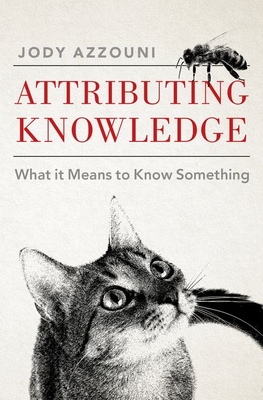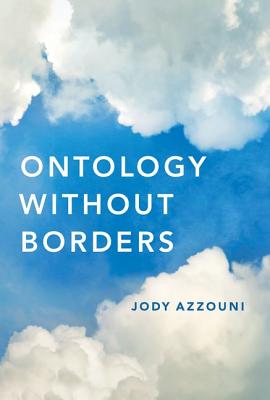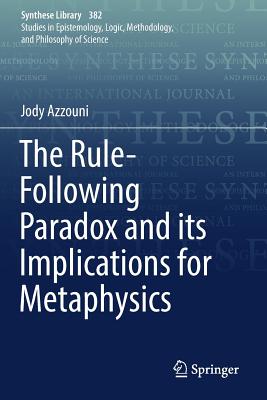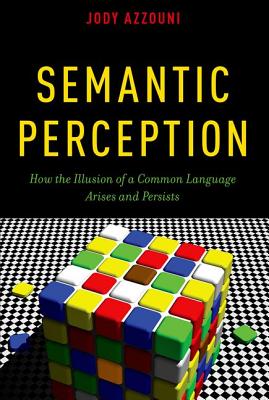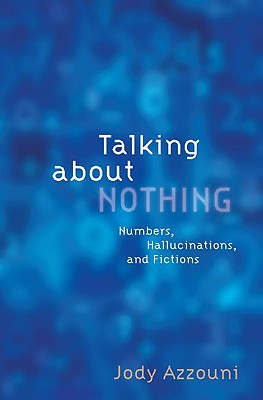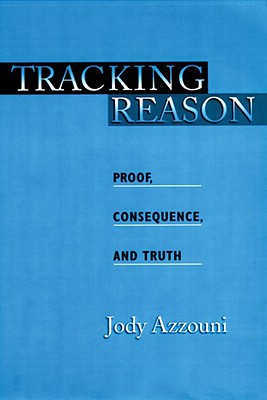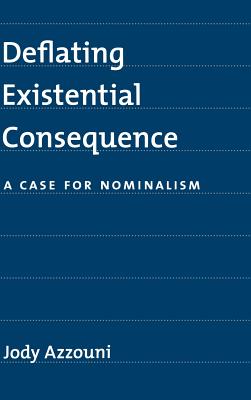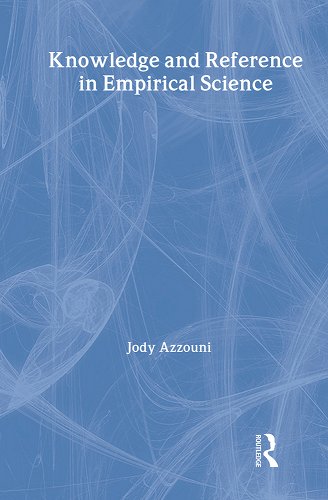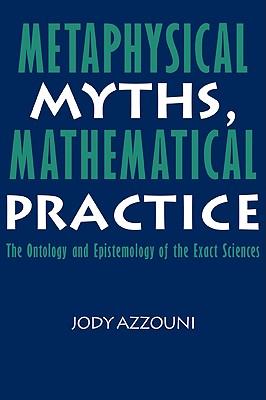Jody's Philosophy Books
Attributing Knowledge is just what it sounds like it is. An exploration both of the words “know” and “knowledge” and what those words refer to. We attribute (rightly) knowledge not only to us sophisticated humans but to various non-human animals, from orcas to insects. We also attribute knowledge (rightly) to floor-cleaning robots, cash machines and drones. Having knowledge doesn’t require being conscious (although those creatures who are conscious may know things that creatures who are not conscious don’t), it doesn’t require that the creature that knows something be able to explain why it knows something; it may not even realize that it knows something.
We spontaneously experience objects of all sorts: animals, artifacts, plants, body parts, etc…. Some of what we experience is generated by what is out there to be experienced but this is not true of the experienced borders of these objects, how they begin and end, in time and in space. This is something we project onto the world; there are no real borders.
There are puzzles about how we experience ourselves as following rules, such as counting rules or the rules, if any, that govern words of our language. The rule-following paradox seems to originate in the later work of Wittgenstein (as it has been described by Saul Kripke). Rule-following, so it is argued in this book, is a practice that’s constituted by the rule-follower by means of an interaction of extensions of the finite cases to new cases when they lead to successes. Other extensions are treated as “errors.” The rule, that is, doesn’t stipulate its application once and for all, even though we experience it that way.
Semantic Perception turns to one of the most important projections we are (collectively) engaged in: public language. We experience/perceive an entity, the language we speak, as having certain peculiar properties. (This is a species-specific experience shared by—as far as I know—only humans.) Languages aren’t real—although the noises humans make are; nevertheless we experience them as real. This is crucial to understanding how we are able to communicate with one another and how we are able to coordinate—to the extent that we can—what we do.
Talking About Nothing continues the exploration of what I guess could be called the metaphysical theme of how we talk about nothing—express truths about what doesn’t exist; and why we need to do this. You might think it’s a bit odd: why shouldn’t we only talk about what does exist. Why is it crucial to our science to talk about what doesn’t exist? It turns out this question mutates into: why is mathematics crucial to our science? I explore this question—but I also look at other areas where we talk, and need to talk, about what doesn’t exist. When we, in psychology, describe hallucinations; and when we talk about fictional characters.
Tracking Reason explores three interrelated topics. First, I wrote about ordinary professional mathematical proof. It doesn’t take place in formal languages but in natural languages augmented with technical vocabulary. I kept (and keep) worrying about exactly what the relationship between professional mathematical proof and formal languages is. Their relationship is puzzling because formal languages weren’t invented until the late 19th century; and yet formulating mathematical proofs in the proof-transparent medium of formal languages never seems to turn up (important) errors in the original mathematical proofs that were scrawled out sloppily in natural language. That mathematical proofs fit so nicely in an invented formalism created many centuries after (some) mathematical proofs looks like a gigantic coincidence. I’m not happy with the suggestions about this that I make in this book; really, I’m not happy (or not entirely) with what I say about this until my 2020 paper on the topic, “the algorithmic-device view of informal rigorous mathematical proof.” I’m a lot happier with what I say here about truth and semantics (meaning)—specifically, the relationship of semantics to proof (or syntax). I claim that proof is central, and semantic characterizations of logical truths only emptily echo proof. The third related topic is truth: I here develop a neutralist view of our talk of truth—although I didn’t hit on that label for my position until recently. (I misleadingly described myself as a “deflationist” for a long time—the popularity of that term is just going to confuse people.) I claim that the concept of truth, one that’s logically characterizable in terms of a technical device called the anaphorically-unrestricted quantifier, places no metaphysical conditions on true sentences. Here’s an example to explain what I mean. “Most pens use ink,” is true because “pen” corresponds to a kind of object—in the world—that uses ink. “Mickey Mouse is famous,” however, is also true. But it is not true because there is an object—Mickey Mouse—that’s famous. So truth shouldn’t be characterized in terms of “correspondence” to the world because correspondence isn’t involved with many true sentences—like ones about Mickey Mouse.
My brief for a nominalist position: mathematical objects (numbers, functions, etc.) don’t exist. Mathematical proof is a purely language-driven activity—except, fascinatingly, so much (although not all) of the language of mathematics is artificial, coined/invented by mathematicians. Establishing nominalism requires a careful analysis not only of natural-language words and phrases, such as “exist,” “there is,” etc. but also a careful understanding of the technical language-items in formal languages, “quantifiers,” as they’re called, and the like. This is shocking, I guess: that the things that we invent—maybe most things that we invent—we don’t understand or worse, we misunderstand. I think this is exactly what happened in the case of the “quantifiers,” those little guys, (x) and (∃x) that Frege—among others—invented.
I wrote this one in 1994-1995. But it didn’t get published for reasons, as they say, “beyond my control.” I’d originally (back in 1991) intended to write one book on knowledge and reference that was to cover both mathematics (the easy case) and science (the hard case); but the book split into two books. The scientific case is harder, more complicated, in particular, because the world itself—the things that one or another science is studying—do play a role in scientific practice: in affecting what kinds of theories can be developed, in affecting what kinds of instruments are needed (or possible) and so on. While I was writing this book I started studying Chemistry, which delighted me.
This was my first published book in philosophy. I characterize both the ontology and the theorem-proving practice of mathematics in a way that doesn’t generate philosophical puzzles. I show, anyway, I believe that I show, that the referential relations that mathematical terms seem to exhibit (“1” refers to 1, etc.)—the apparent ontology—of mathematics is epistemologically and metaphysically idle: it plays no role in how mathematicians generate mathematical results. The vision, as it were, motivating the book is something like this idea. Supposedly, there are a bunch of objects that aren’t in space and time, that are eternal and acausal. And these are the things that mathematicians are proving results about. Response: “Are you serious? Why would that be? How strange ….” Of course that’s just an expression of shock and bewilderment—the book tries to transform this shock and bewilderment into arguments.
